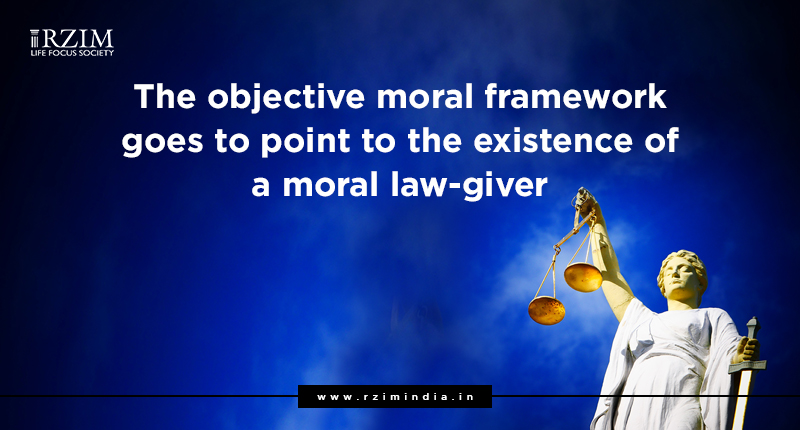In Pursuit of Justice
A story is told of Diogenes, the Greek philosopher, who was famous for two things.[1] First, it is rumored that he lived in a bathtub and took it with him wherever he went. And second, he possessed a lamp. It was said that with his lamp he went throughout Athens, looking for a man who was honest. Legends say that before he could attain success, his lamp went out. His search ended in futility.
Diogenes’ search reflects modern humanity’s search for true justice. As C.S. Lewis says, “Justice means much more than the sort of thing that goes on in Law courts. It is the old name for everything we should now call ‘fairness;’ it includes honesty, give and take, truthfulness, keeping promises, and all that side of life.”[2] Even children at a very early age learn to speak this language of ‘fairness’ whenever they are not treated equally, be it among their peers or between their siblings. We seem to be wired with that strong desire for this world to be in order. Or, in other words, our desire for justice seems to be intrinsic to who we are. Yet with the prevailing injustices that we see all around us, the longing for justice seems to be a far-away reality, if not an exercise in futility.
What kind of world are we in? Is this an evil world? Well, one may object and say ‘no’ because not everything that we see is evil. There are also things in this world that we see that are manifestations of goodness. Is this an all-good world? Again, some may object and say, ‘No, not everything that we see is good.’ Good seems to co-exist alongside evil. So is this then an all-bad world that is becoming good? A naturalist may agree to this by means of science and technology, while a theist may strongly disagree with this. Conversely, we may ask ourselves if this is an all-good world that has gone from bad to worse.
Attempting to answer these questions, one must deal with the ultimate questions of life—such as the origin, meaning, and the purpose of life. Furthermore, critically analyzing these questions, one would inevitably face the question of whether this world is designed by a creator, as the Bible describes it, or whether it is a world that is a result of a freak accident, as the naturalist would put it. If it is designed, then God is the reference point for all true justice. On the contrary, if it is merely an accident, then humanity becomes the ultimate reference point for all judgments. True justice in any society is one that is anchored on objective moral values, which do not change either on the basis of time or culture.[3]
It is only after basing on such a foundation of an objective moral frame work that one can meaningfully judge between a right and a wrong action, or for that matter between justice and injustice. Ultimately, the objective moral frame work goes only to point to the existence of a moral law-giver, who is holy and righteous in his character. In fact, Fyodor Dostoevsky, a renowned thinker and writer, commented on this point rather bluntly when he said, “If there is no God then all things are permissible.” The Bible declares that the entire human race is guilty of having broken God’s law and hence none is righteous. Even if there were many Diogenes equipped with an equal number of lamps and commissioned to search the entire world, none would be successful in finding a just, impartial, or perfectly righteous person. Our only hope is to point our lamps toward heaven, the only place where the just one dwells.
The article by Dr Balajied Nongrum was published in A Slice of Infinity on October 15, 2015
[1] R.C. Sproul, One Holy Passion, (Nashville: Thomas Nelson, 1987), 105.
[2] C.S. Lewis, Mere Christianity, (New York: Macmillan, 1960), 76.
[3] Charles W. Colson, Justice that Restores, (Secunderabad: OM Books, 2001), 23.


There are no comments